Archaeologists love nothing more than a good story. After all, in the end, we are just storytellers trying to base our narratives on evidence. The following are two competing tales about our ancestors:
Once upon a time, ignorant primitive hunter-gatherers huddled in the shadows of the towering walls of ice covering the world. Unbeknownst to them, a technologically advanced civilization thrived to the south, a civilization with buildings, ships, writing, and technological achievements surpassing what we have today. Approximately twelve thousand years ago, a mighty catastrophe obliterated this civilization leaving no trace. The few stunned survivors left their shattered home and scattered to the four corners of the world. They brought the light of civilization to the primitive peoples they encountered, teaching them agriculture, writing, metallurgy, and monumental architecture.
Once upon a time, small scale hunter-gatherer societies lived in groups across the world in a wide variety of environments. They were superbly adapted to their varied surroundings, each with unique languages, tools, clothing, and cultural practices. Approximately twelve thousand years ago, their world began to change as the climate warmed and the ice retreated. Populations shifted and grew, and new technologies and lifeways developed in response. Agriculture, metallurgy, writing, and monumental architecture developed in different ways, at different times and different places across the world, as people continued to adapt to their changing circumstances.
One of these stories diminishes the intelligence and abilities of our ancestors through vague hunches, baseless assumptions, idle musings, and selective cherry-picking of evidence. The other story is perhaps less glamorous but references a staggeringly large body of evidence including DNA, linguistics, geology, paleoenvironmental research, traditional knowledge, and archaeology. All of these lines of evidence mutually support each other and help us create robust narratives of our collective prehistory.
The problem comes when we watch TV shows presenting these views. How do we sift through and judge their merits when we are not a specialist in the field? Even without specialist knowledge, one can still make an educated guess about the quality of a TV show based on the presence of the following red flags.
I always become a bit suspicious when a show seems to be more about the journey of the narrator and less about digging into the details supporting their thesis. Unfortunately, some legitimate archeology shows fall into this trap as well. When I start seeing lots of footage of the narrator driving in exotic places in a 4x4 with a soaring soundtrack of stirring music, backed up with very little discussion about the details of how the evidence is gathered and analyzed, I start to wonder how much fluff is being used to pad out the show.
Are the innovations and achievements of our ancestors diminished? This is one of the most insidious mindsets and is one that was also widespread in past archaeological thinking as well, until it began to conflict with the growing body of evidence. For instance, it is natural for some to look at a big structure like a pyramid and wonder how our ancestors could have ever created it without modern technology. This unimaginative thinking starts with the premise that they were not sufficiently advanced to be able to innovate on their own and must have learned anything of significance from another, more advanced source.
Does presenter use small gaps in our current understanding as proof to support their competing theory? There are many gaps in our theories of how our ancestors lived and over time, research is conducted, and those gaps tend to be filled in. Just because one narrative cannot explain absolutely everything does not automatically mean that the competing argument is true, especially when that story selectively ignores the mass of collected evidence.
How does the presenter handle opposing ideas? Are they linked to specific theories, researchers, and articles, or are they characterized in vague ways? Providing specific information makes it easier for a non-specialist to search for and find out things for themselves. Conversely, vague conspiratorial statements like “mainstream archaeologists don’t want you to know…” are much harder for a non-specialist to fact check. It is extremely difficult to track down Professor Mainstream Archaeology to inquire about her theories! Anyone who knows archaeologists would find the idea of a worldwide cabal of archaeologists conspiring to suppress information laughable. As a group we cannot even agree on what constitutes a good beer, let alone cooperate sufficiently to conceal and suppress competing theories.
Where is the evidence? Is the show attempting to present a narrative based on the sum of known evidence, or is it ignoring the inconvenient data and selectively picking only the information that supports the story? Often the cited evidence was not carefully collected and does not stand up to even a brief examination. As an archaeologist, I expect that if someone is pushing a narrative and citing archaeological data to support it, then that information will have been collected with the same care and standards that I am required to adhere to.
In the end, archaeologists love nothing more than a great story, and I would be enthralled to find out that Atlantis was a real place where seafaring travellers came from, spreading the light of civilization across the globe. Unfortunately, as an archaeologist, I am burdened with the inconvenient idea that our narratives must be linked to the sum of the evidence. Alas, no amount of wishing can make it otherwise.

